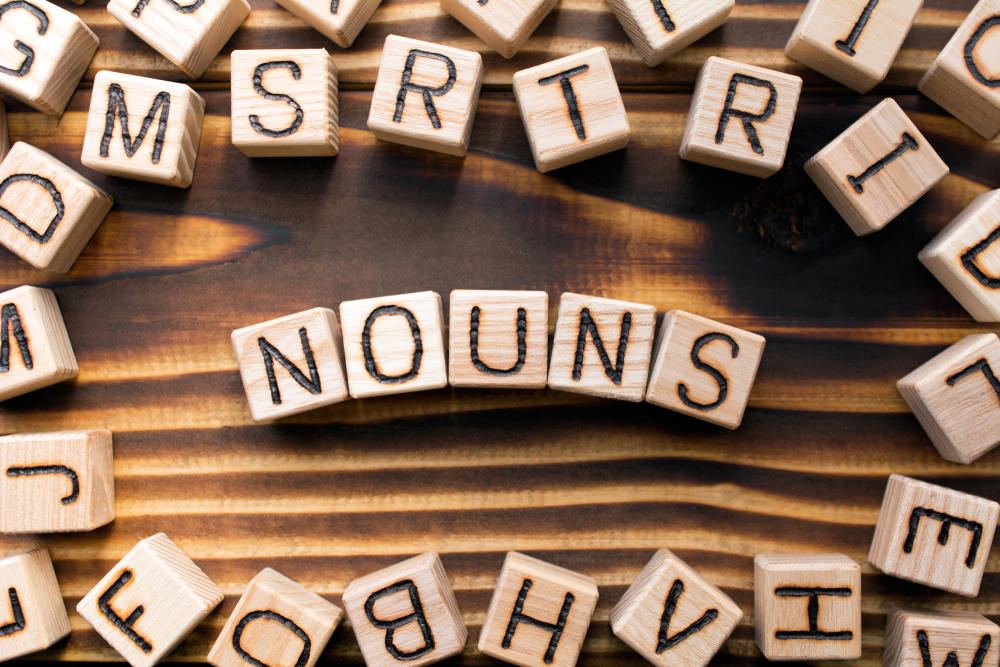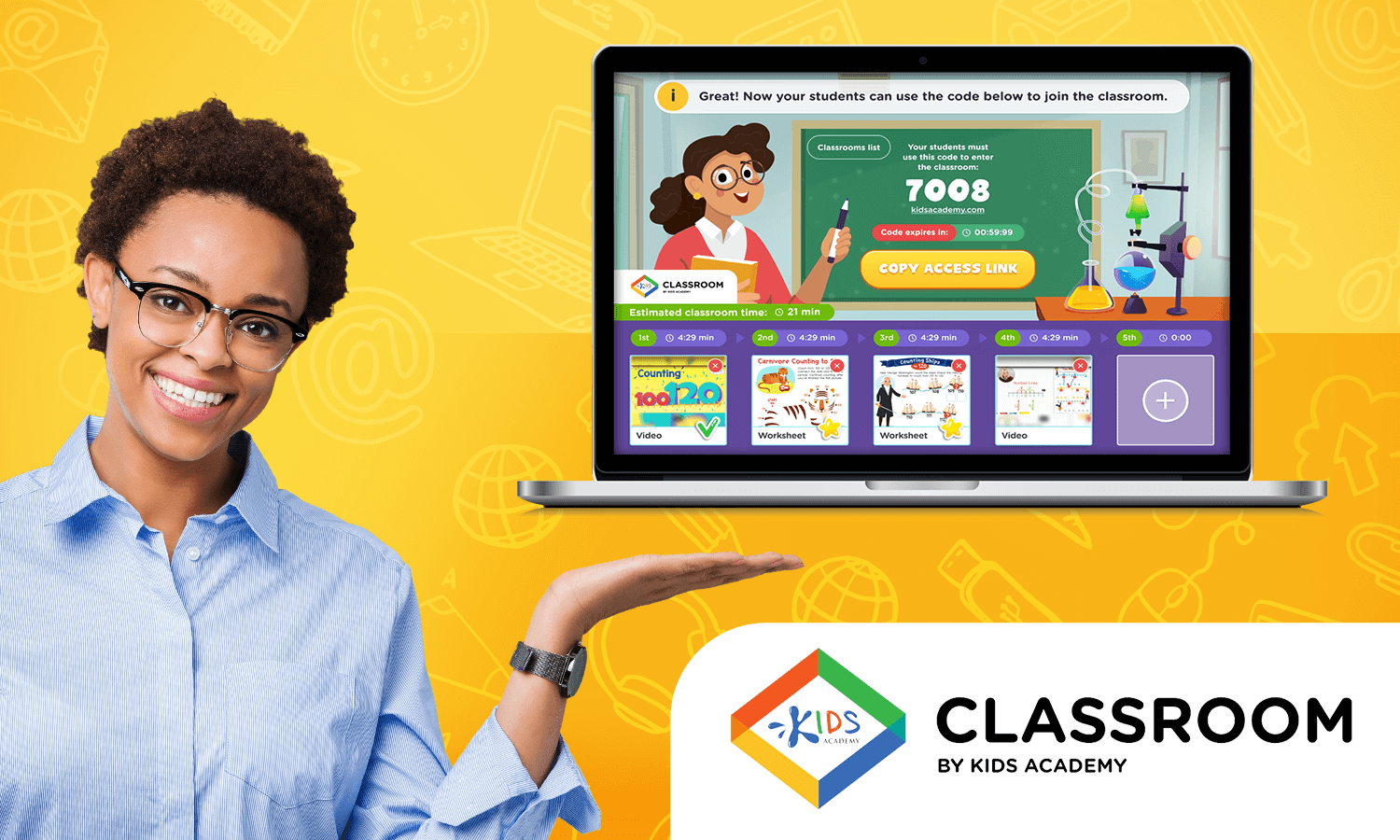Building Vocabulary worksheets activities for 9-Year-Olds
3 filtered results
-
From - To
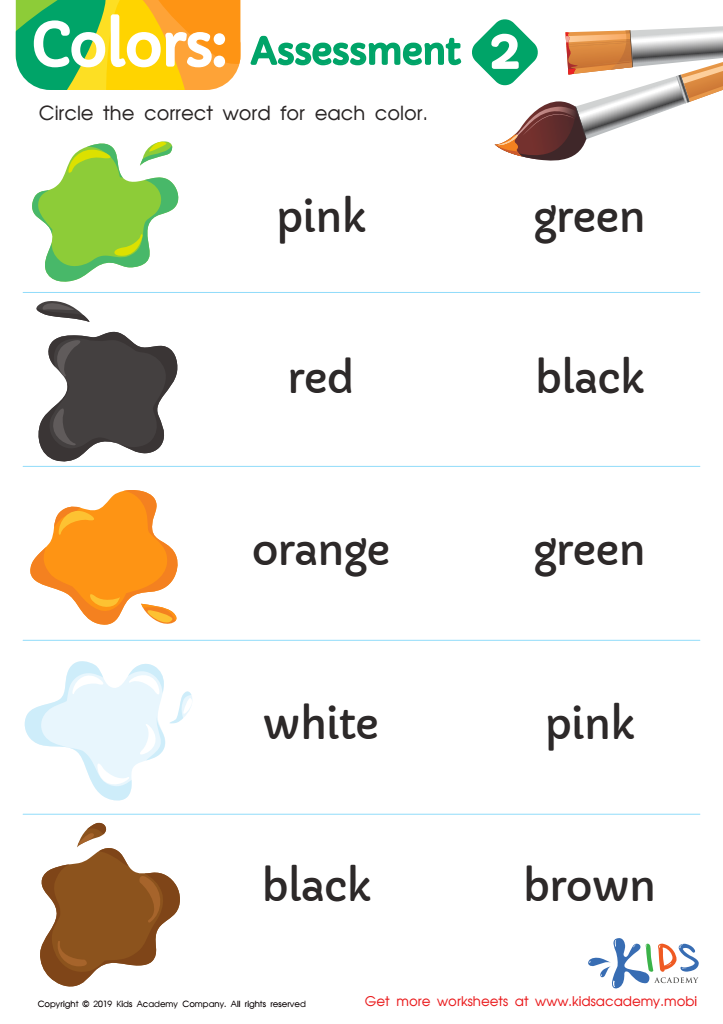

Colors: Assessment 2 Worksheet
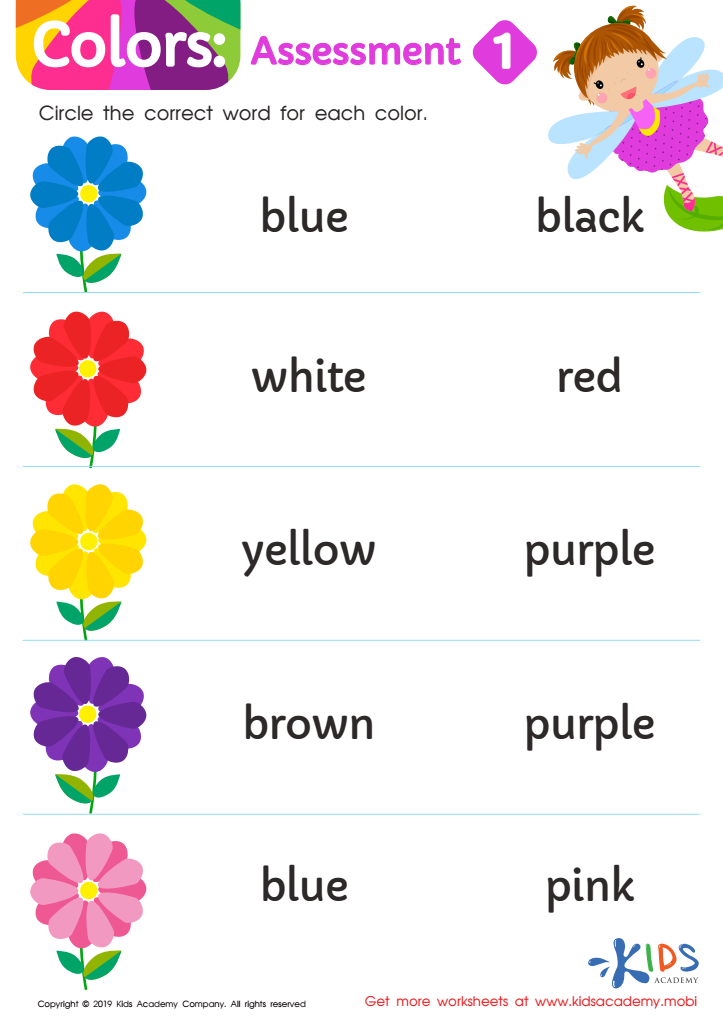

Colors: Assessment 1 Worksheet
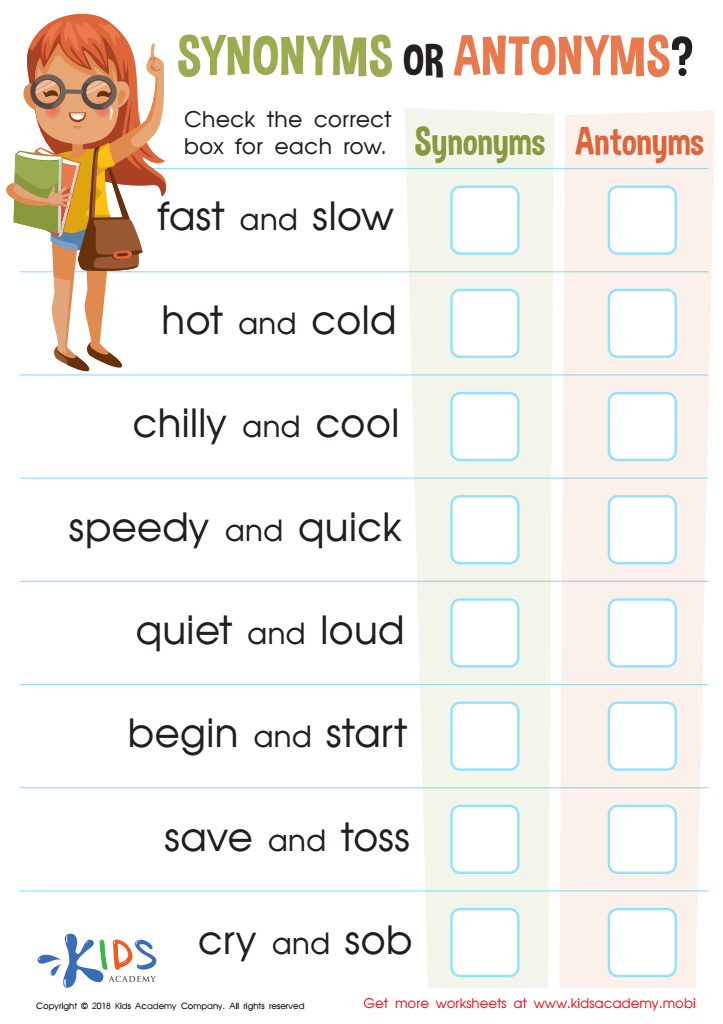

Synonyms or Antonyms: Assessment Worksheet
Building Vocabulary worksheets activities are an invaluable tool for learners of all ages and levels. These meticulously designed exercises serve not just as a method of learning new words, but as a bridge to unlocking the vast expanses of language, enhancing communication skills, and fostering a deeper understanding of textual nuances. Here’s why these activities are incredibly useful:
1. Systematic Learning: Building Vocabulary worksheets are structured in such a way that they introduce new words systematically, often grouping them by themes, levels of difficulty, or usage. This organization helps learners to gradually absorb and integrate new vocabulary into their lexicon, making the learning process more manageable and effective.
2. Contextual Understanding: Through the use of sentences or short paragraphs, these worksheets provide context for each new word, making it easier for learners to grasp meanings, connotations, and appropriate usage. This context is crucial for understanding not just what words mean but how they fit into language as a whole.
3. Reinforcement: Repetition is a key element of learning, and Building Vocabulary worksheets often incorporate various exercises like matching, fill-in-the-blanks, and synonyms/antonyms puzzles. These activities reinforce memory retention and ensure that new vocabulary sticks.
4. Enhances Reading Comprehension: As learners expand their vocabulary, they also enhance their ability to understand more complex texts. A rich vocabulary allows for a smoother reading experience, as fewer words need to be looked up, and texts become more comprehensible and enjoyable.
5. Boosts Writing Skills: With a larger arsenal of words at their disposal, individuals can express themselves more precisely and vividly in writing. Building Vocabulary worksheets activities encourage learners to use new words in their own sentences, thereby improving not just their vocabulary but also their writing skills.
6. Prepares for Academic and Professional Success: A robust vocabulary is essential for academic achievement and professional advancement. These worksheets prepare learners for exams, enhance their ability to understand academic texts, and equip them with the language skills necessary for success in the professional world.
In conclusion, Building Vocabulary worksheets activities are much more than simple exercises; they are stepping stones to language mastery. They not only enrich learners' linguistic resources but also empower them to engage more fully with the world of texts, conversations, and ideas.

 Assign to the classroom
Assign to the classroom


